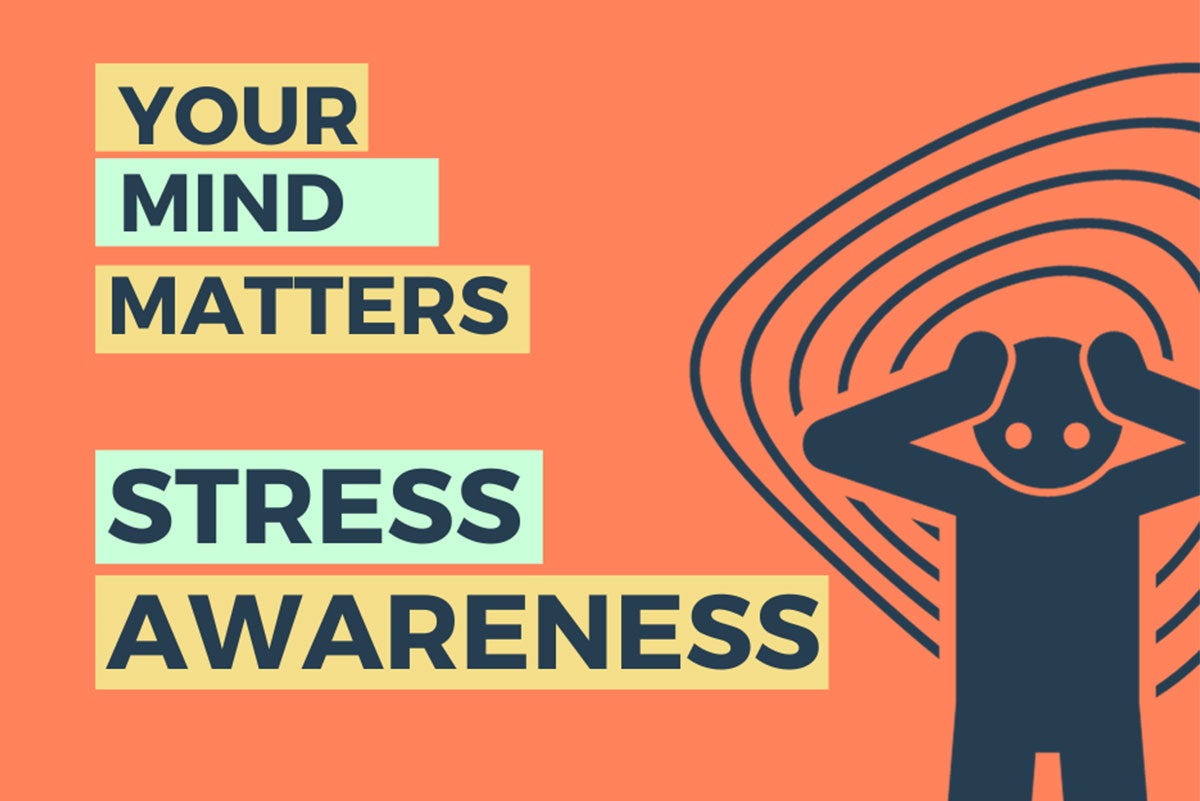Stress Awareness: Your Mind Matters
October 4, 2023November 1st is Stress Awareness Day. Yes, we should be aware of stress every day, but today is a national reminder spotlighting the significance of peace and stress management. It emphasizes stress's profound, often underestimated, effects on our overall health. Stress, a byproduct of daily pressures, triggers the release of hormones such as adrenaline and cortisol, initiating the "fight or flight" response.
While a fraction of stress can spur motivation and excitement, its chronic presence can wreak havoc, leading to mood disturbances, physical ailments, and strained relationships. Alarmingly, prolonged exposure to stress is linked to severe health complications, including hypertension, heart disease, compromised immunity, and diminished cognitive function. Recognizing the sources of stress, whether health-related or external factors like occupational pressures or financial constraints, is paramount.
Strategies for Stress Management
1. Mastering Coping Mechanisms
Stress, especially when it morphs into anxiety, can be overwhelming. However, understanding its triggers and developing coping strategies can be transformative. Techniques such as deep breathing exercises, meditation, and short breaks during a hectic day can help recalibrate your emotional state. Additionally, consider adopting hobbies that promote relaxation, such as reading, gardening, or even taking up a new sport.
2. Embracing Acceptance and Release
Life is unpredictable, and not all events are within our control. We can significantly reduce our stress levels by internalizing this truth and releasing concerns over uncontrollable situations. It's also crucial to practice self-compassion. Everyone makes mistakes, and it's okay to seek help when overwhelmed. Consider mindfulness and gratitude practices to stay grounded and focused on the present.
3. Fortifying Your Support System
Isolation can amplify stress. Building a robust support system can be a game-changer, whether through friends, family, or support groups. Regularly connecting with loved ones, joining community groups, or seeking professional counseling can provide a platform to voice concerns, gain perspective, and receive guidance.
Resources for Further Reading
- American Psychological Association's guide on stress
- Mayo Clinic's comprehensive stress management techniques
- HelpGuide's insights on the physical and emotional effects of stress
In today's fast-paced world, stress is an inevitable companion. However, with the right tools and mindset, we can navigate its challenges, ensuring our well-being still needs to be improved.




